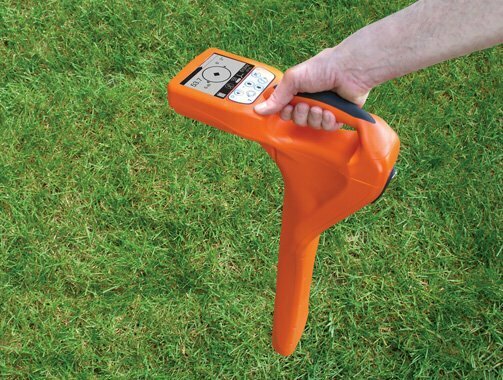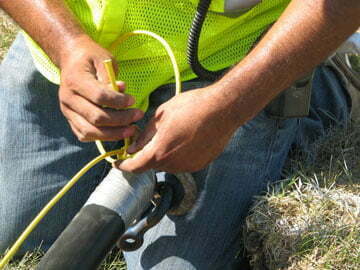Tracer wire is a valuable tool in utility locating projects, providing numerous benefits that enhance the efficiency and accuracy of underground utility detection. In this article, we will explore various case studies that demonstrate the advantages of using tracer wire in utility locating projects.
- Case Study 1: A construction company in a busy urban area was tasked with installing a new sewer line. By using tracer wire alongside the sewer line during installation, the construction crew accurately traced and mapped the path of the sewer line. This method helped ensure precise location identification for future reference. This prevented any accidental damage to existing utilities, saving time and resources while ensuring the safety of the surrounding infrastructure.
- Case Study 2: A utility locating company was hired to identify and mark the location of underground gas lines in a residential neighborhood. Their task was to ensure the safety of excavation work in the area. This service helped prevent potential damage to the gas lines during construction activities. By employing tracer wire systems, the utility locators quickly and accurately located the gas lines. This allowed for safe excavation work to take place without any service disruptions. The use of tracer wire also helped to streamline the locating process, saving time and improving overall project efficiency.
- Case Study 3: In a rural area with poorly documented utility lines, a municipal utility company utilized tracer wire systems. They used this technology to upgrade their water distribution network, ensuring accurate identification of existing underground utilities. The tracer wire allowed the utility company to precisely locate and map the existing water lines. This enabled them to plan the installation of new pipelines more effectively, improving the efficiency of the upgrade process. This resulted in a smoother construction process and minimized the risk of damaging existing utilities during the upgrade.
In conclusion, these case studies highlight the significant benefits of using tracer wire in utility locating projects. Tracer wire systems enhance the efficiency and accuracy of underground utility detection, preventing damages and improving safety. They also save time and resources in construction projects, making them a valuable asset for utility locators. By incorporating tracer wire into their workflow, utility locating companies and construction crews can achieve better results. This helps ensure the successful completion of their projects, improving efficiency and accuracy in underground utility detection.


